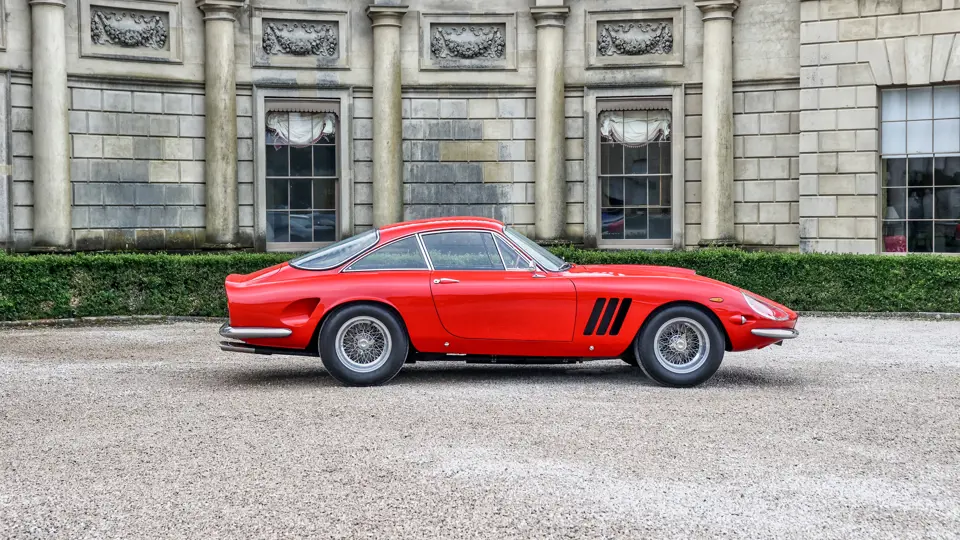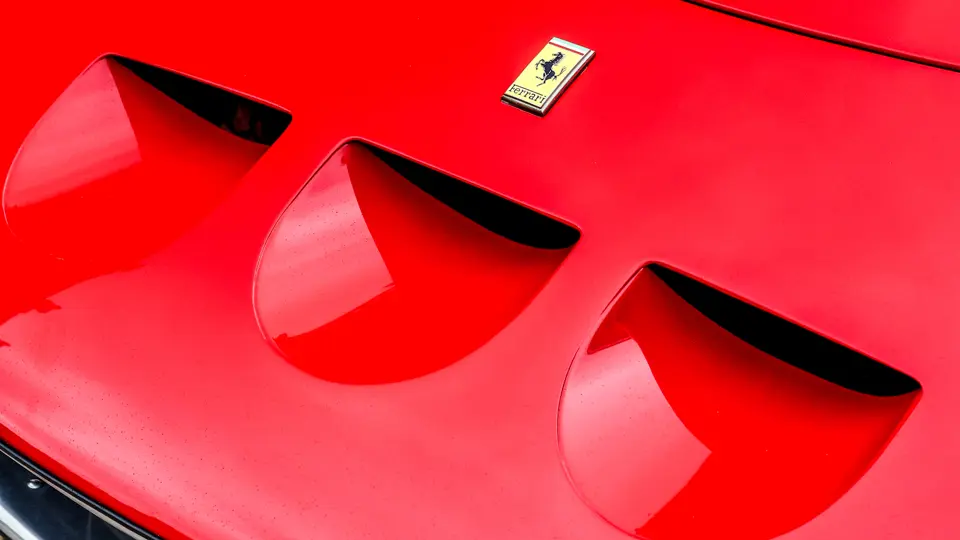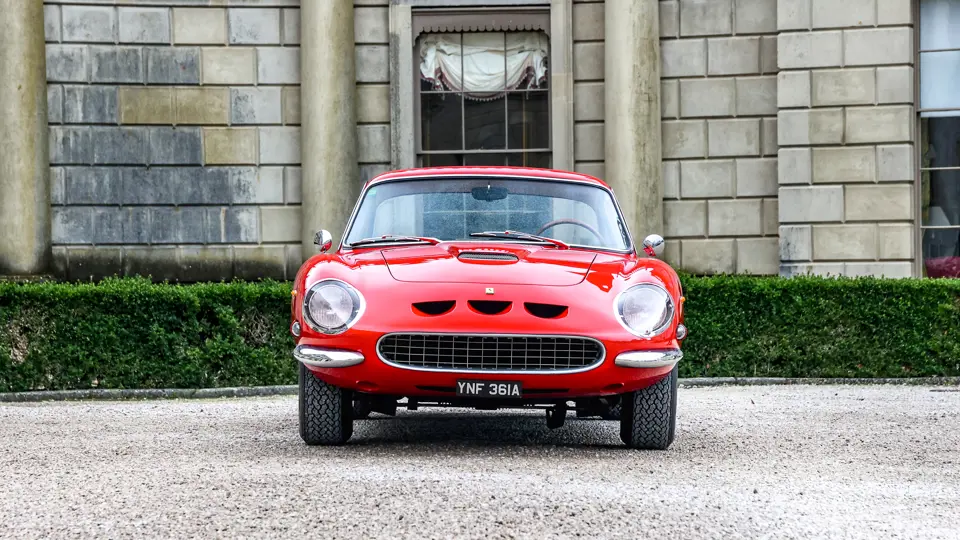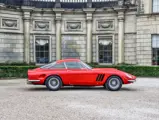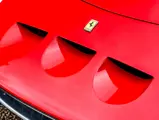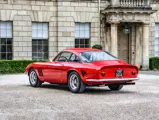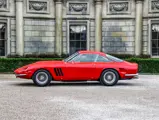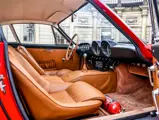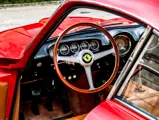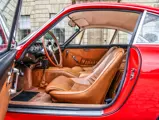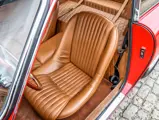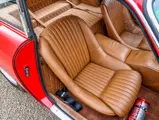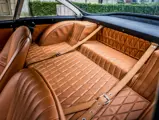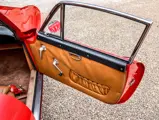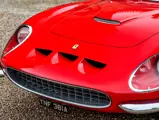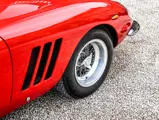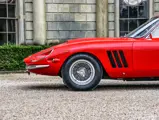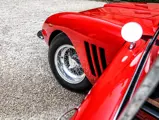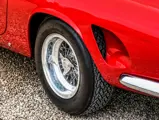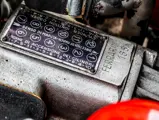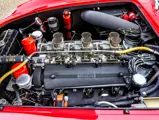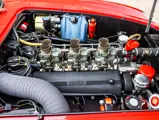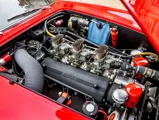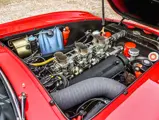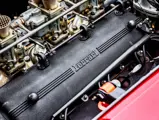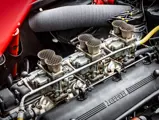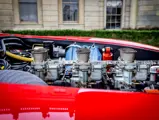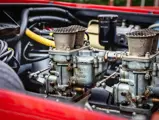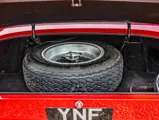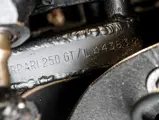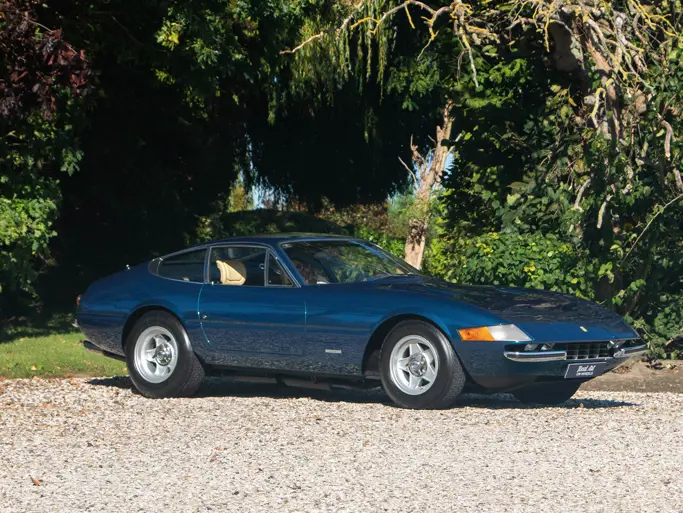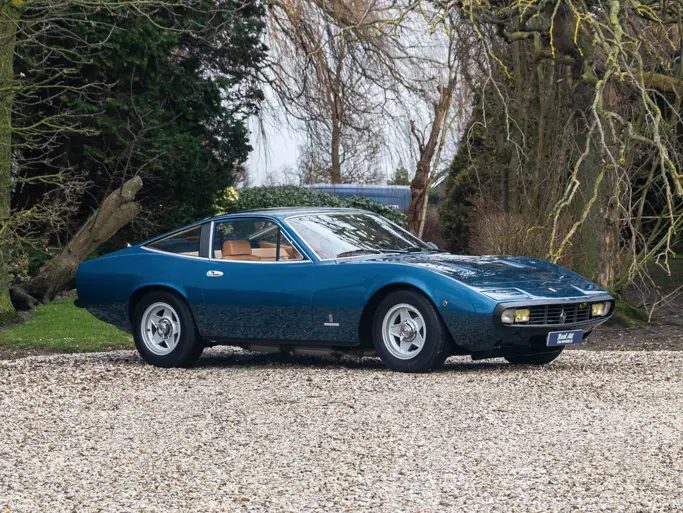
1963 Ferrari 250 GT/L Berlinetta Lusso by Fantuzzi
{{lr.item.text}}
£1,130,000 GBP | Sold
Offered from The Dee Collection
{{bidding.lot.reserveStatusFormatted}}
- Offered from The Dee Collection
- Unique 16th example of the 350 Lussos produced between 1962 and 1964
- Early coachwork modifications by Fantuzzi in the style of the 330 LMB
- Originally delivered to Luciano Pederzani, joint-founder of the Tecno Formula 1 team
- Comprehensive restoration carried out by DK Engineering in 2011
- Previously owned by radio and TV broadcaster Chris Evans
- Documented history by marque historian Marcel Massini
Sitting between Ferrari’s more overtly sporting models and its larger luxury cars, the 250 GT/L Berlinetta—often referred to as the “Lusso”, which is Italian for luxury—was the last roadgoing derivative from the marque’s celebrated, long-running 250 GT series. Unveiled as a prototype at the Paris Motor Show in 1962, the stunning steel-bodied coupé remained in production until late-1964. Most featured now-classic Pininfarina designs that were built by Scaglietti, before being finished at the Ferrari factory.
While the Lusso earned some competition success, with a privateer car notably placing 13th overall in the 1964 running of the Targa Florio endurance road race, it was primarily conceived—and enjoyed best of all—as a fast and luxurious road car. The powertrain came in the form of the well-proven 2,953-cc Colombo V-12, with a single overhead camshaft per cylinder bank, mated to a four-speed, all-synchromesh gearbox. Tuned more for road use versus other Ferrari 250 models, the wet-sump unit—equipped with three twin-choke Weber carburettors—was still particularly potent. One of the most powerful production cars of the time, with 240 brake horsepower served at 7,500 rpm, it was enough to propel the Lusso to a top speed just shy of 150 mph.
Yet it’s not the performance credentials alone that ensure the Lusso is still revered to this day. Widely regarded as one of the most elegant shapes ever to wear the Prancing Horse badge, this model was epitomised by its elegant, sweeping lines and curved rear screen that ultimately flowed into the fastback “Kamm” tail finish. At the front, early cars left Maranello sporting the low egg crate-style front grille—similar to that of its 250 GT SWB Berlinetta predecessor.
This example, chassis 4383, was the 16th of the 350 Lussos constructed. According to the records of marque historian Marcel Massini, the car was completed by the factory on 20 March 1963. Originally painted in Grigio Argento over a Nero Connolly leather interior, it was supplied to Ferrari’s official dealer, Società Italiana Veicoli Agriculturali e Motori, in Bologna on 4 April. Five days later, the car was sold for the princely sum of 5,750,000 Italian lire to its first owner, Luciano Pederzani.
He and his brother Gianfranco had, only two years previously, co-founded the Tecno Racing Team. Originally building racing karts, during Luciano’s ownership of the Lusso, the outfit would establish itself as a successful manufacturer of Formula 3 cars, purportedly winning 32 out of 65 races during the 1967 season. The first of these victories was earned by future Ferrari Formula 1 race winner Clay Regazzoni.
During this time, chassis 4383 was maintained by the Ferrari factory’s Assistenza Clienti in Modena. By February of 1964, the Ferrari was registered on the Italian targa “BO 179199”. Thereafter, the car would begin to evolve from its original specification to become the unique example that it is today. Firstly, in around 1965, a later 250 GT Lusso engine (5193 GT) was installed. Then, Pederzani went to the person styling his Tecno creations and asked him to partially rebody his road car. Former Ferrari racecar designer Medardo Fantuzzi, based in Modena, modified the coachwork to more resemble that of the 330 LMB competition model. This included adopting a smaller, rounded grille, switching to two (rather than three) bumperettes, plus setting the headlights further back in the wings, and fairing them in with Plexiglass covers.
This Lusso was exported to New York City, USA in 1968, and sold again five years later, remaining in the state. In 1976, its new Texas-based owner commissioned the addition of three 250 GTO-style intakes above the front grille, plus vents behind the rear wheel arches inspired by the same model, and repainted the car to red. The following year, new ownership led this example to be shipped to Honolulu after which it spent the following 28 years in Hawaii, changing hands four times. In 2005, the Lusso returned to mainland America, the new San Francisco-based keeper displaying it at Monterey Car Week that year, before returning for the following two editions.
In 2011, chassis 4383 was sent to the UK for a full restoration at DK Engineering. Completed to a concours standard, 250 GTO moulds and drawings were precisely scaled to authentically finish the one-off bodywork. This car then returned to DK Engineering the year after for a mechanical rebuild, and to be finished in its present classic Ferrari red over tan interior. It was subsequently displayed at Walton Hall for the Ferrari Owners’ Club GB annual meeting in 2013, before being sold to radio and TV broadcaster Chris Evans, an avid collector of the marque. Through the respected Ferrari dealer, Talacrest, the Lusso was then bought by its consigning owner. Its most recent keeper has enjoyed the car at shows and events; in 2015 it was displayed on the Cartier Style et Luxe concours lawn at the Goodwood Festival of Speed, and it later appeared as part of the “Seeing Red” tribute to Ferrari in the Earls Court Motor Show recreation at Goodwood Revival. The Ferrari has since been maintained by GTO Engineering, with many invoices available to view on file.
Chassis 4383 boasts a compelling continuous history that not only includes a significant player in 1960s single seater racing as its original keeper, but more recent custodianship by Evans, one of the UK’s best-known media personalities. The car’s early bodywork adaptions by Fantuzzi make this 250 GT/L Berlinetta, a model which is already a particularly rare and special, a truly unique ownership proposition.




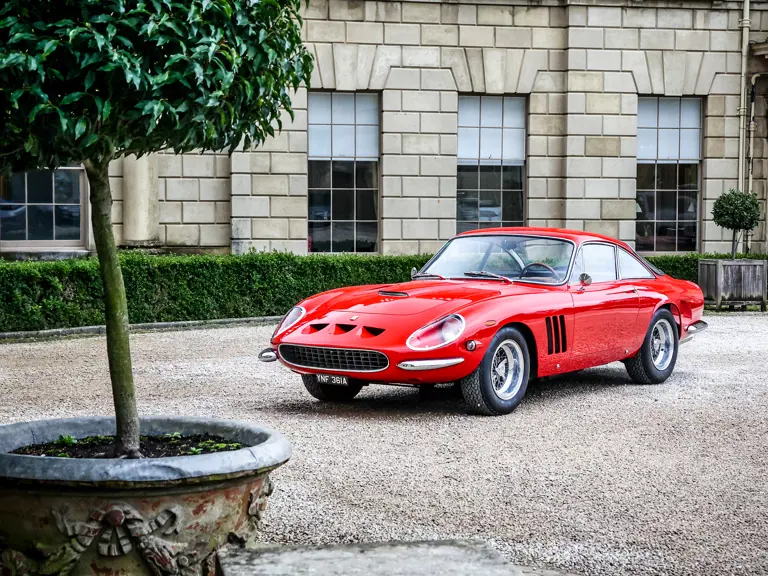
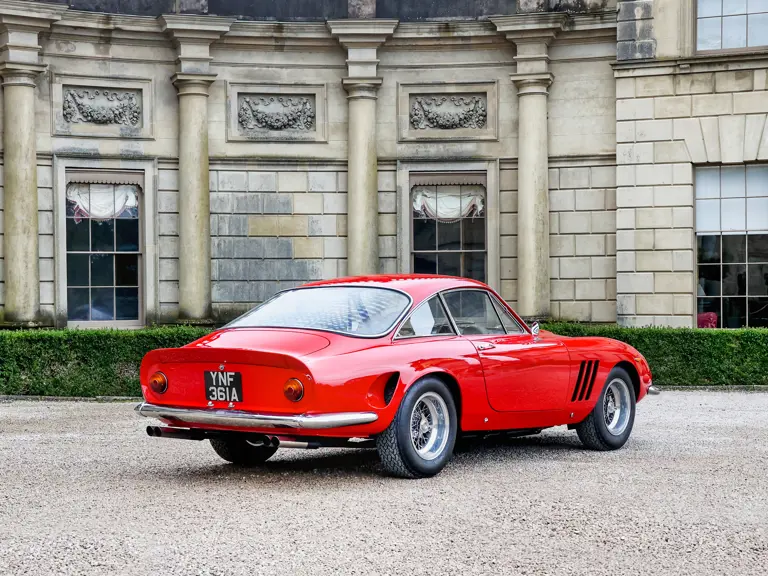
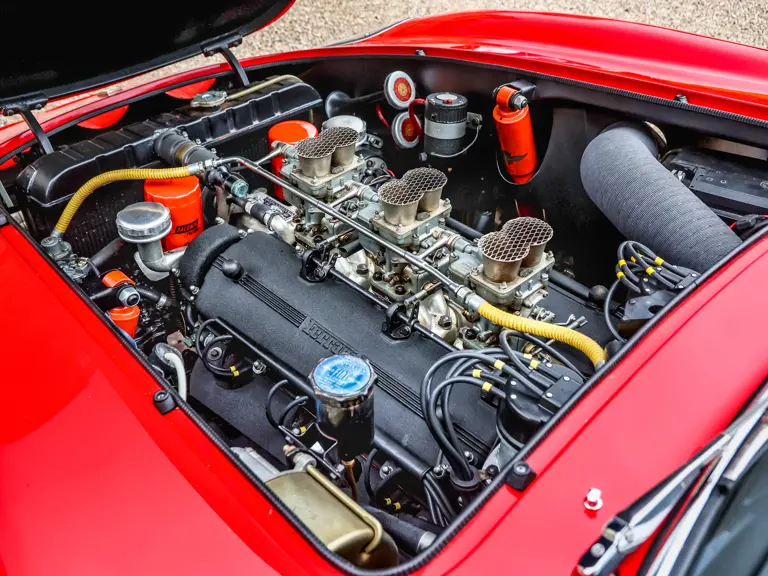
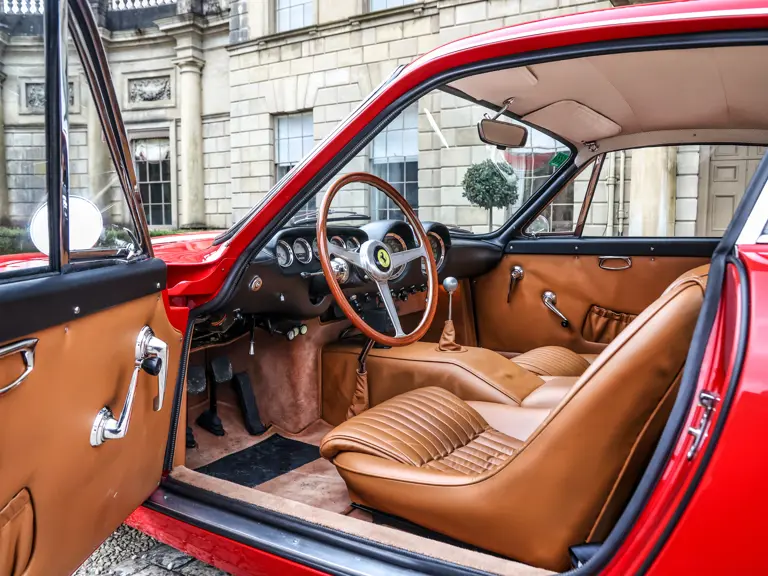
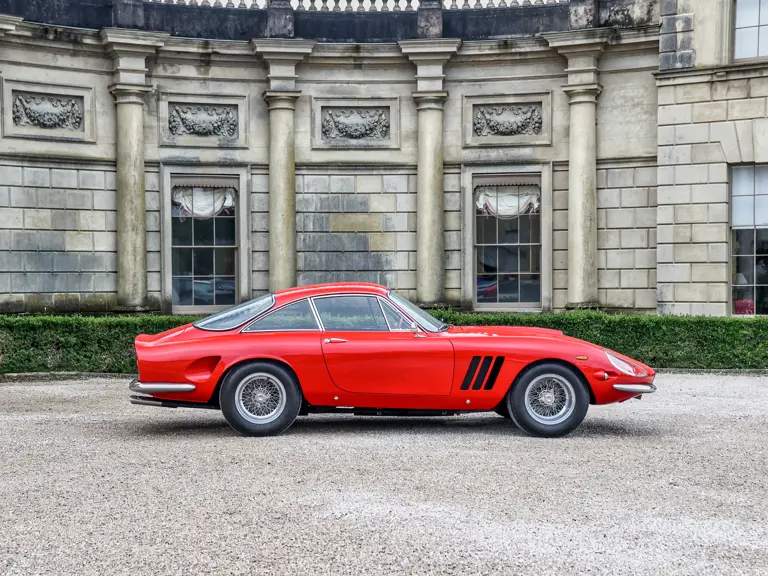
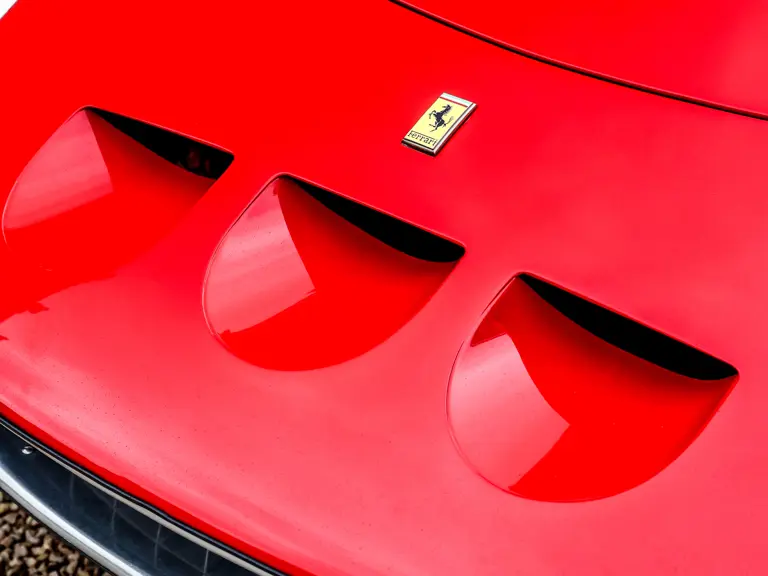
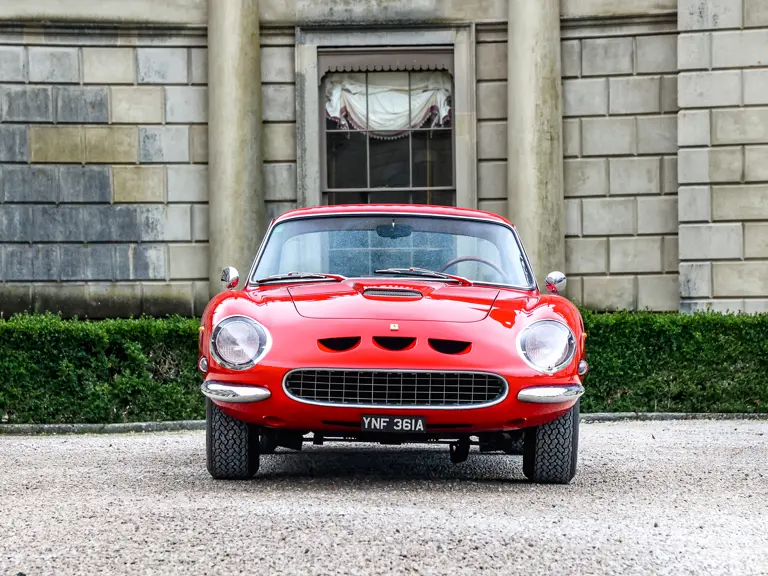
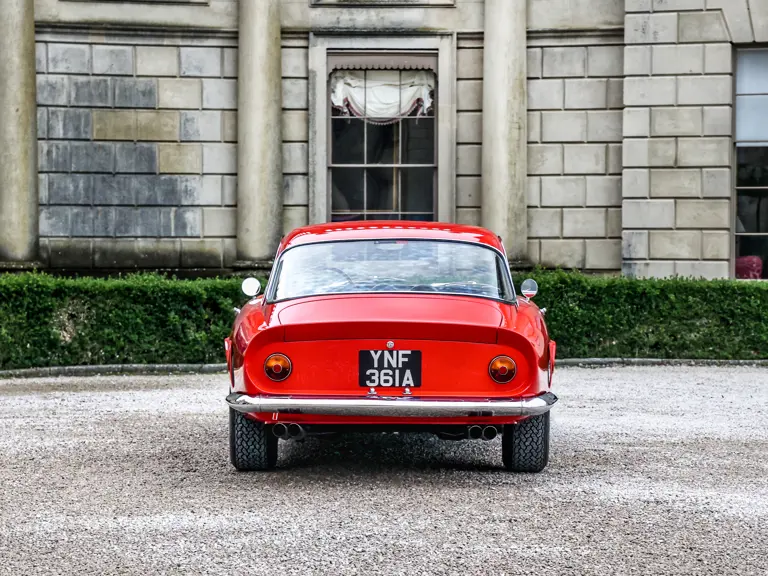
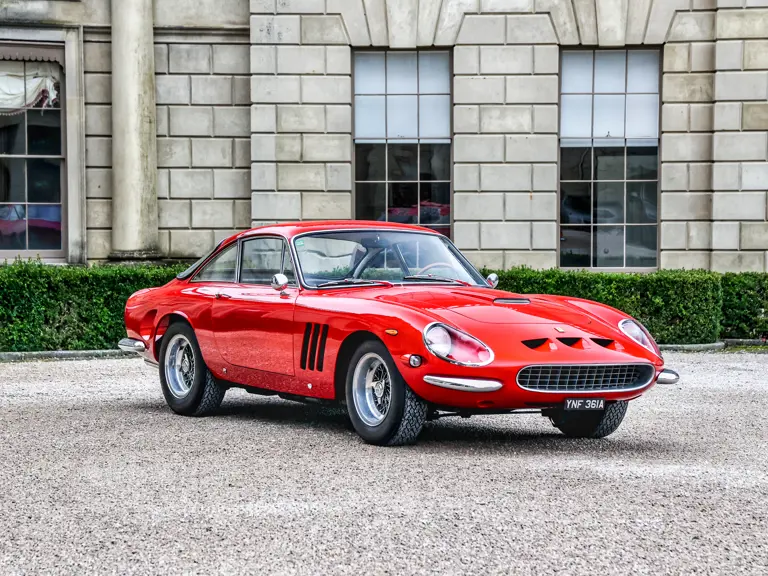
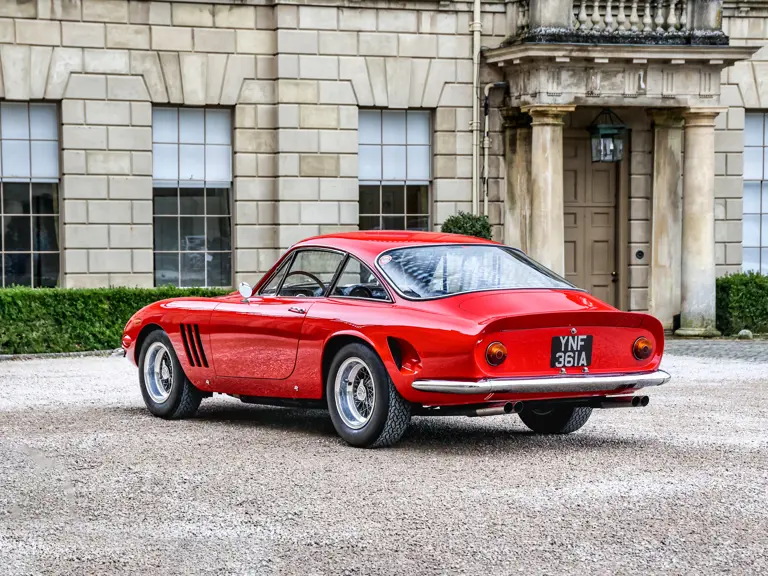
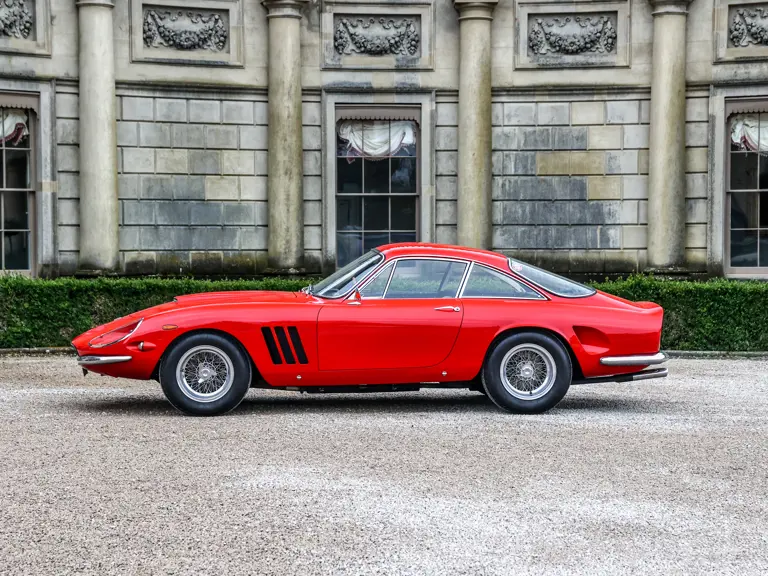
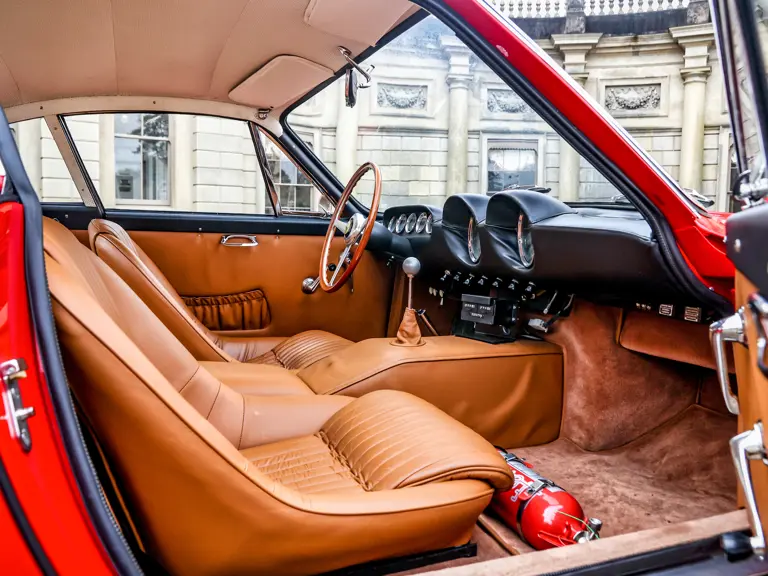
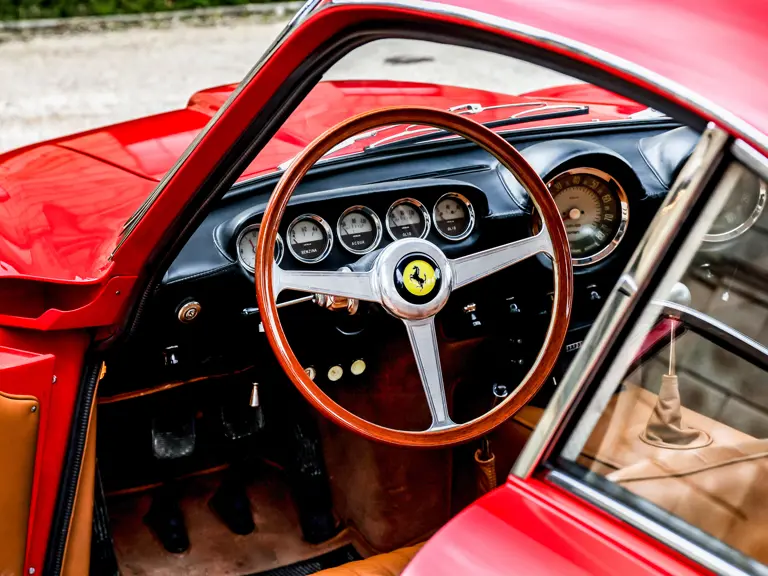
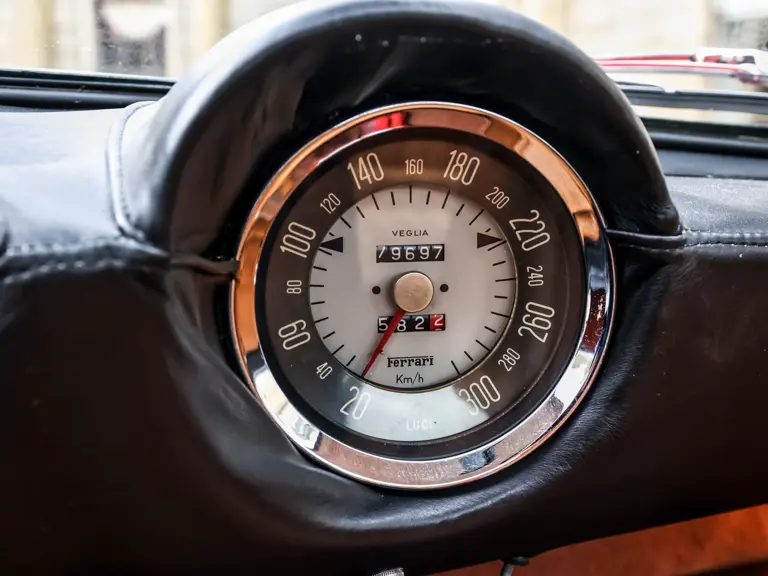
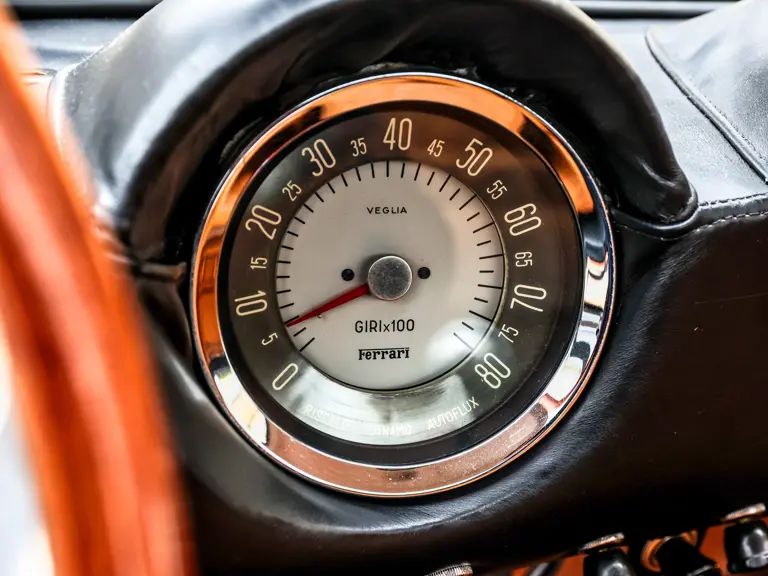
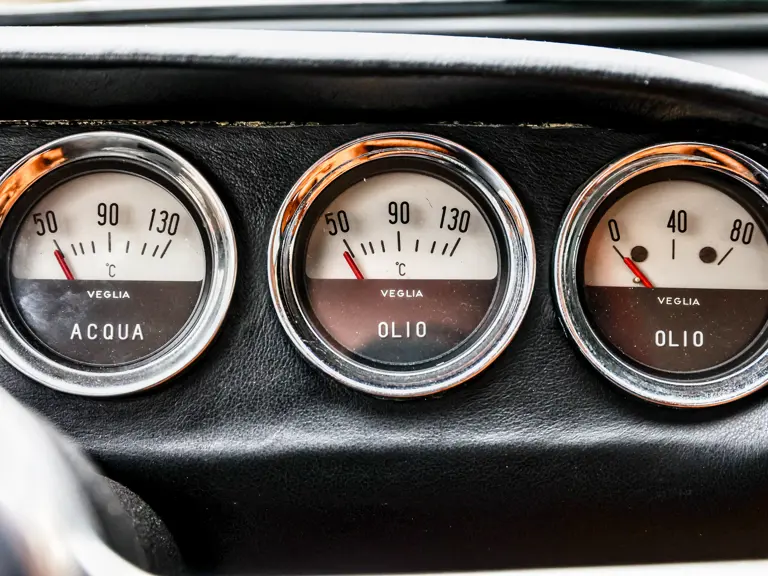
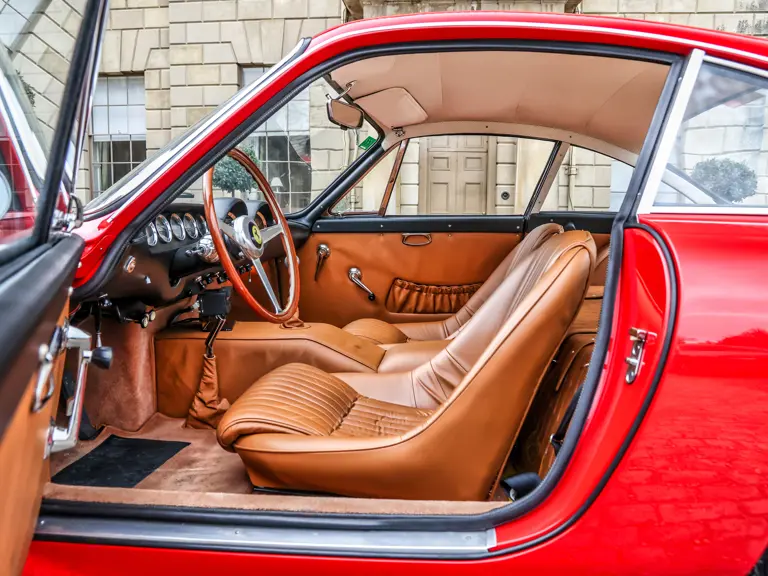
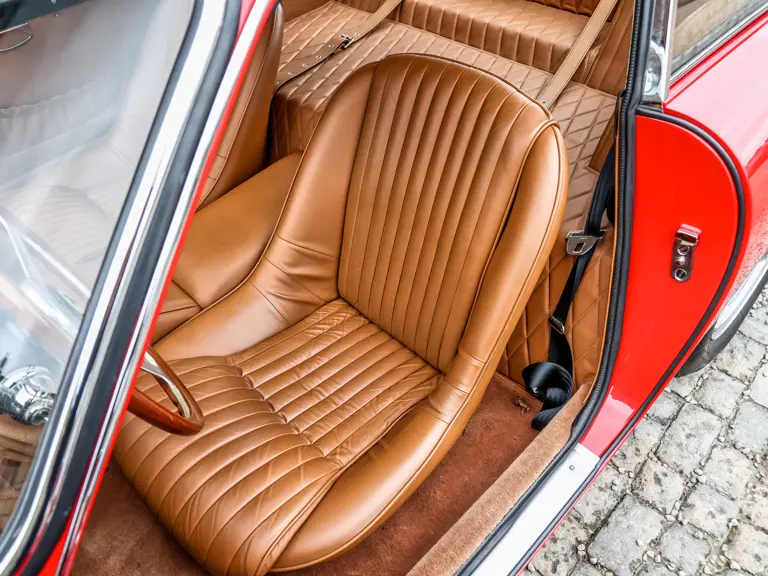
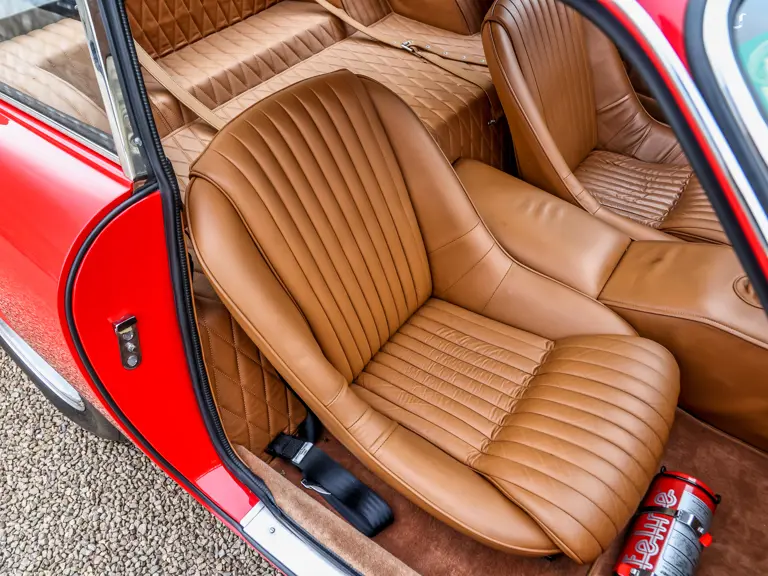
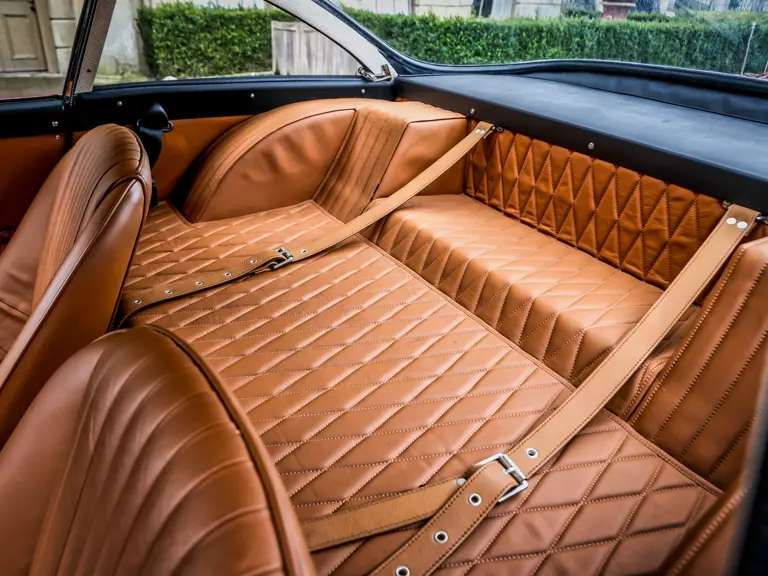
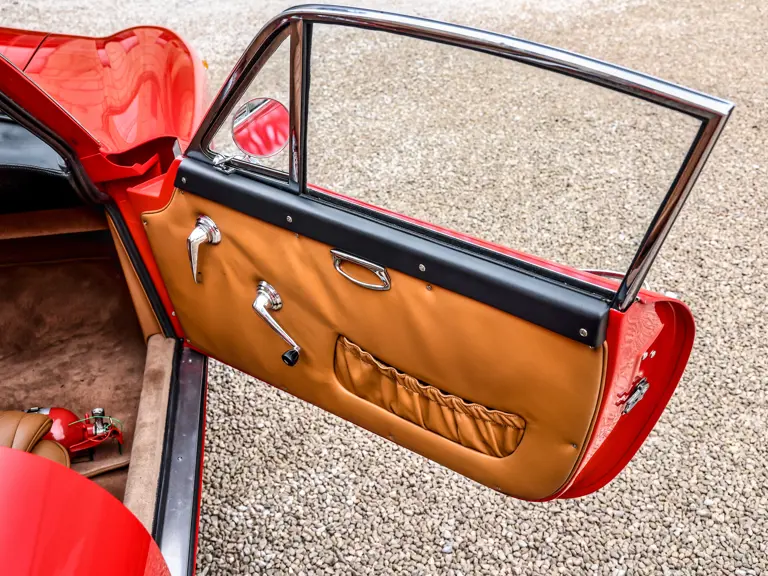
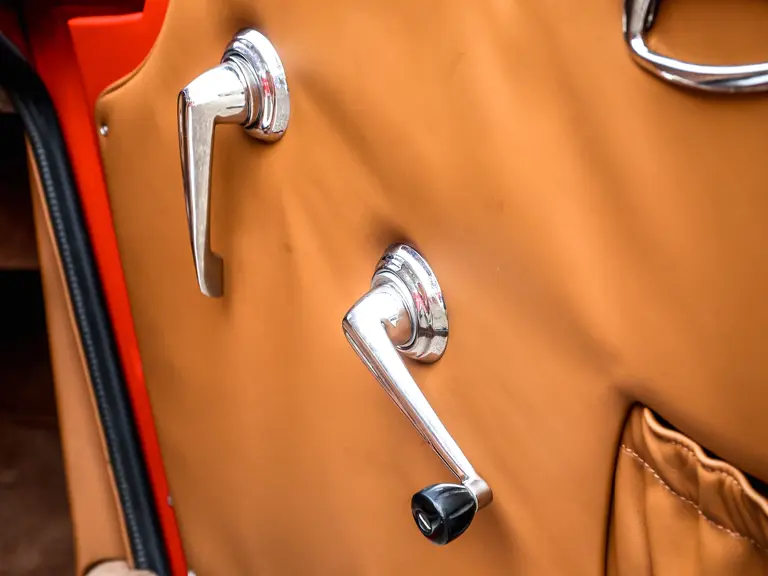
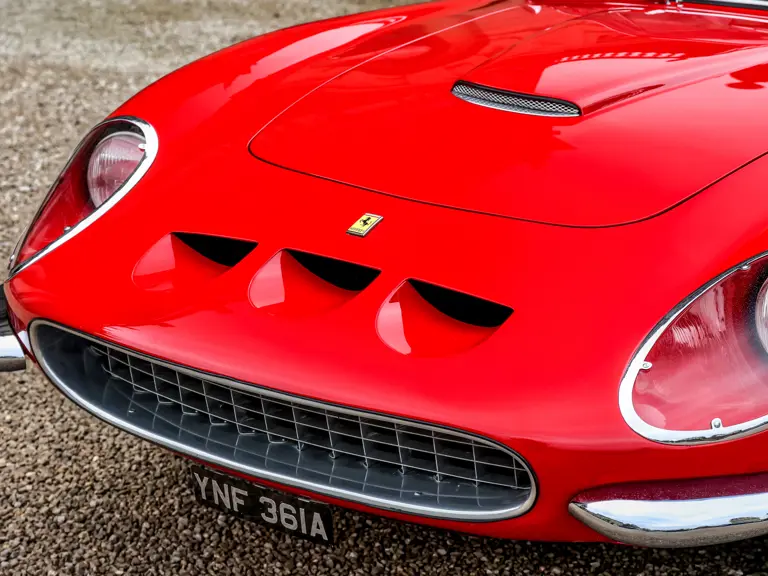
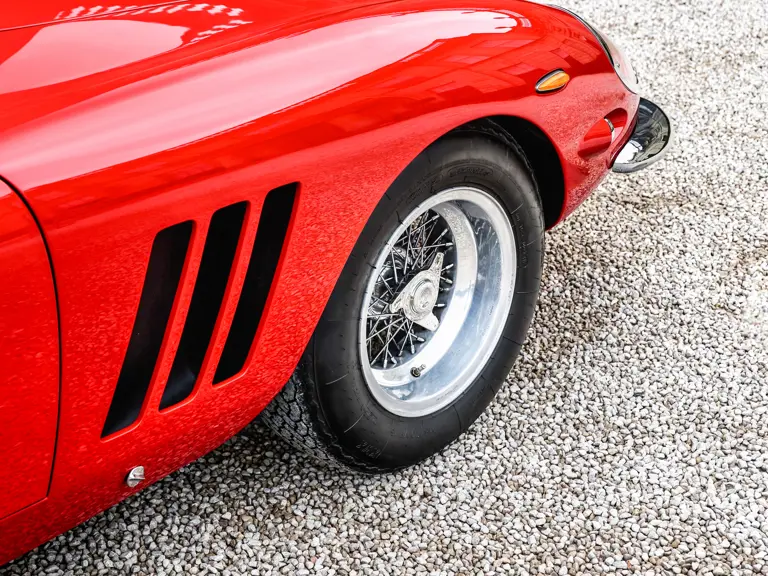
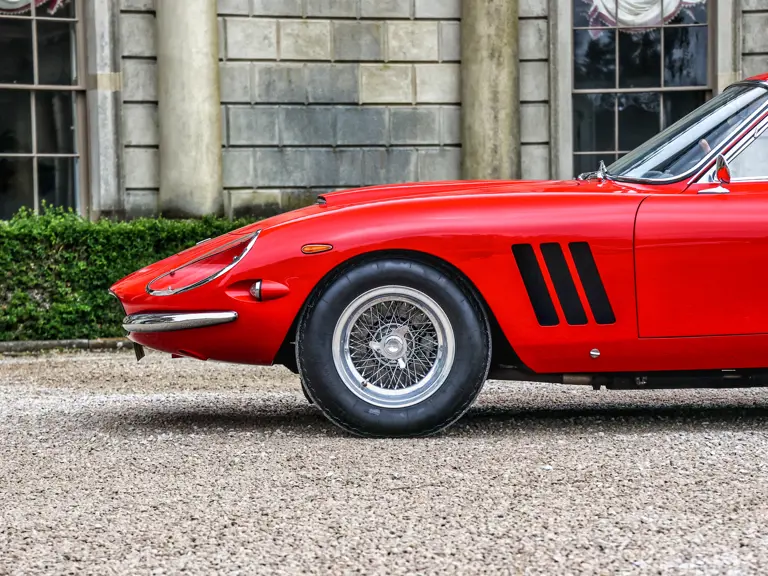
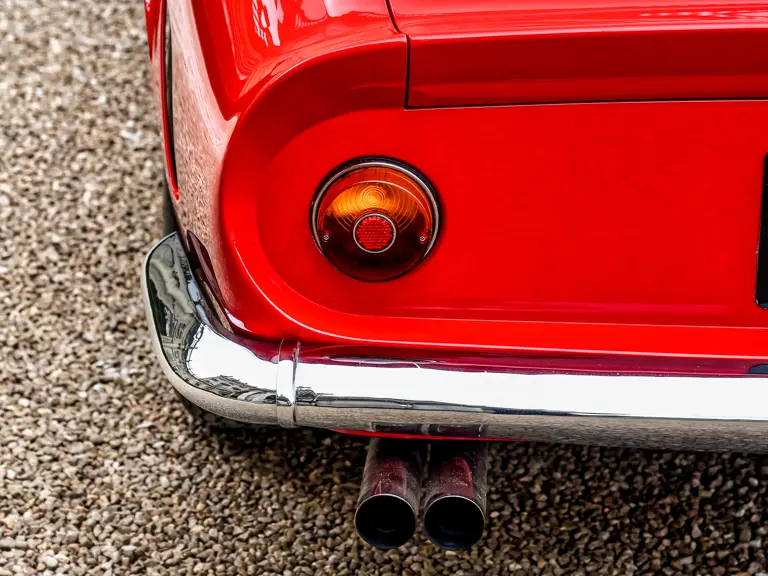
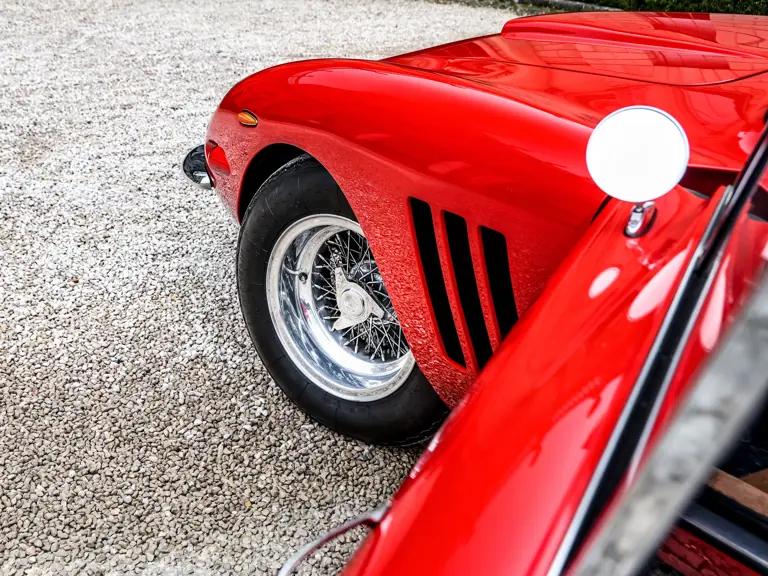
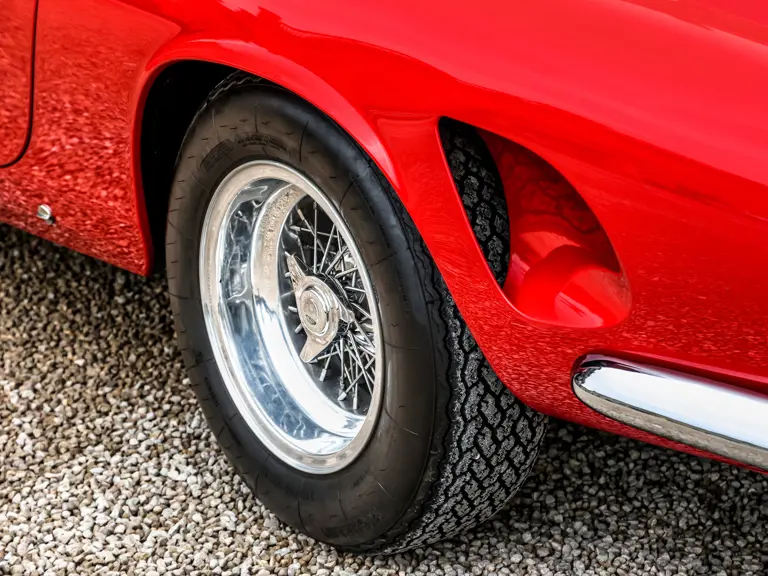
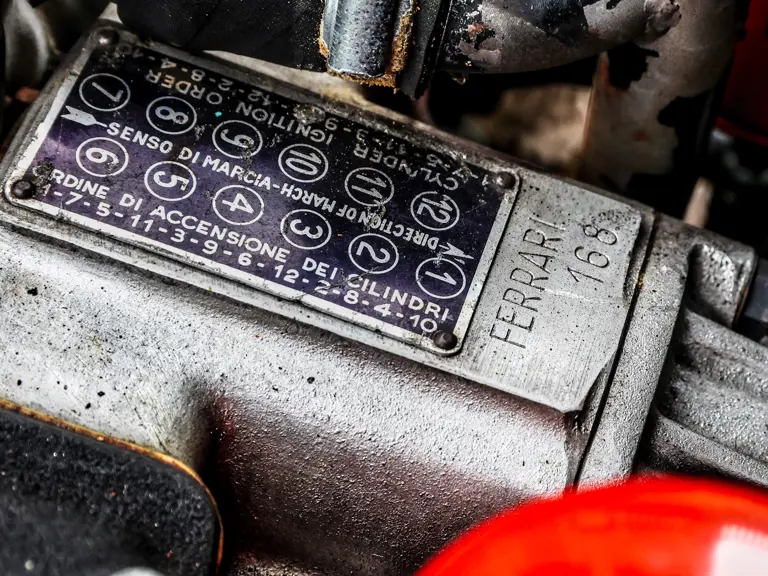
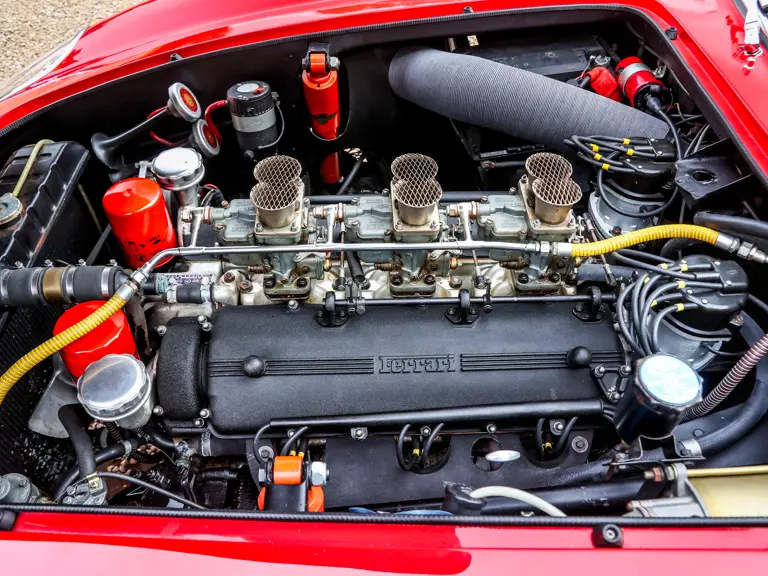
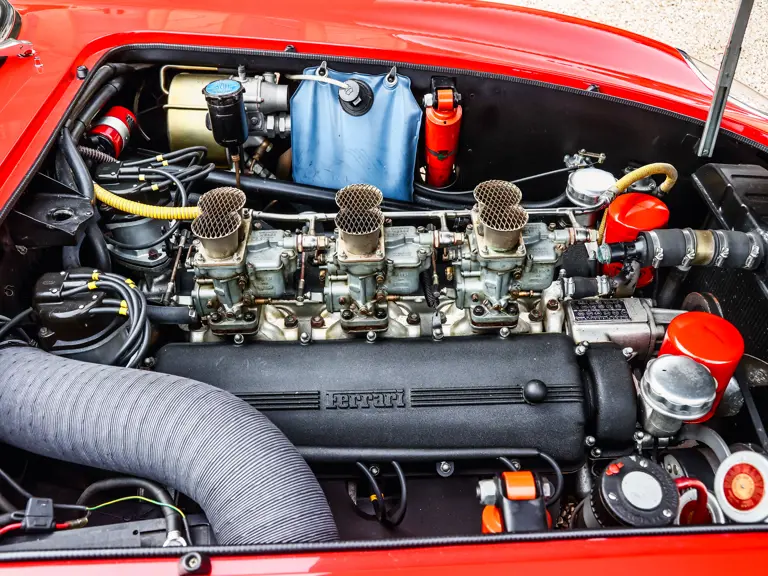
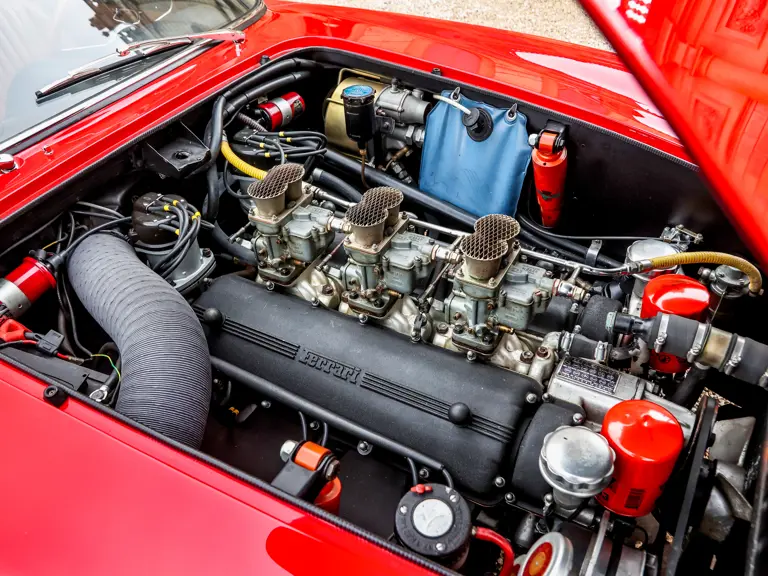
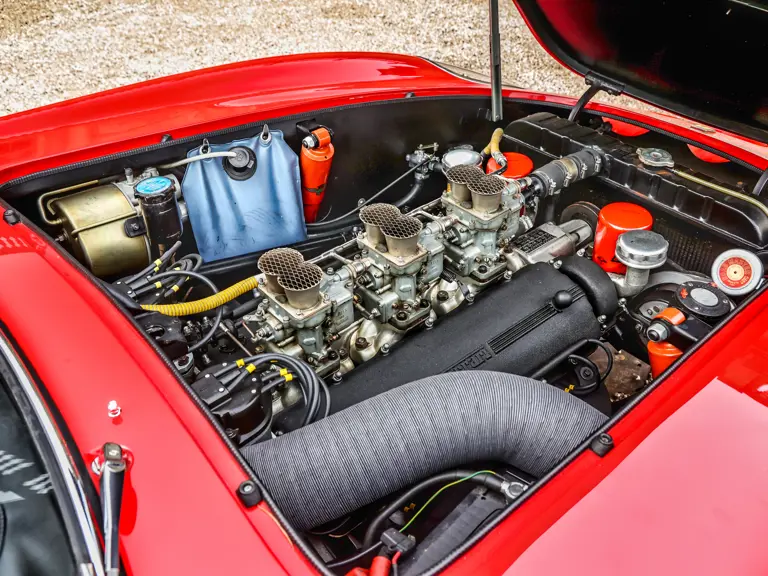
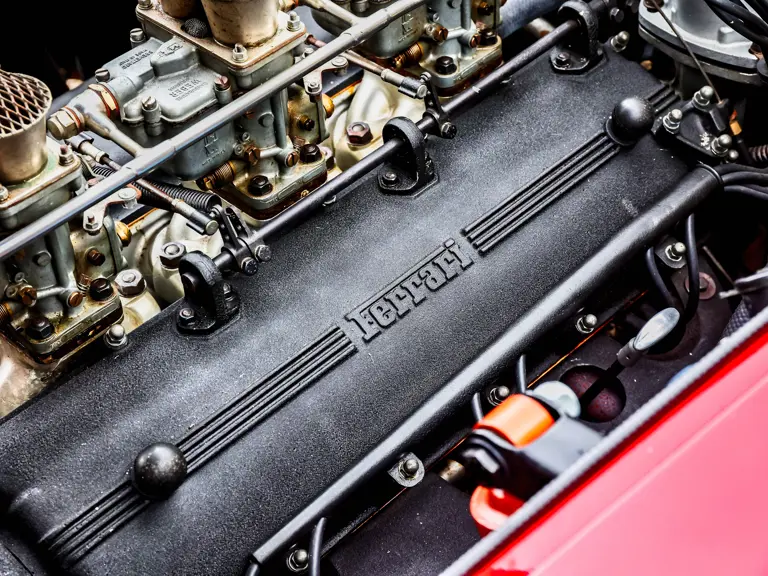
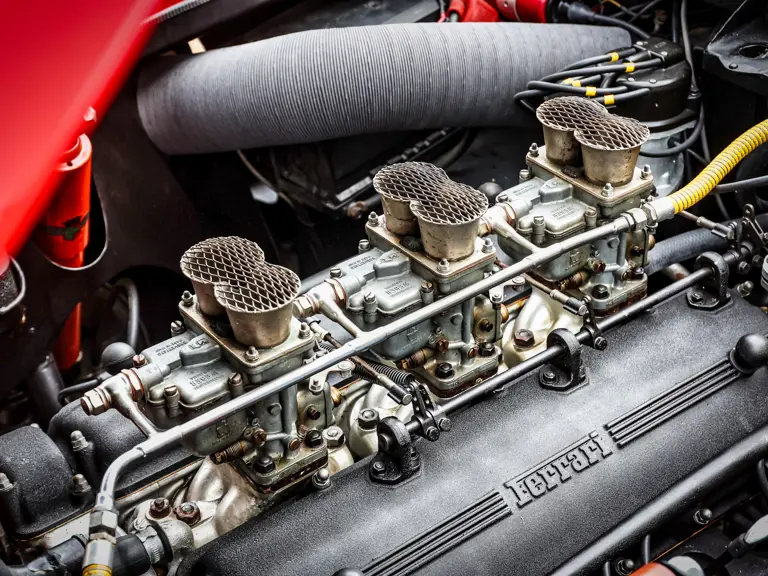
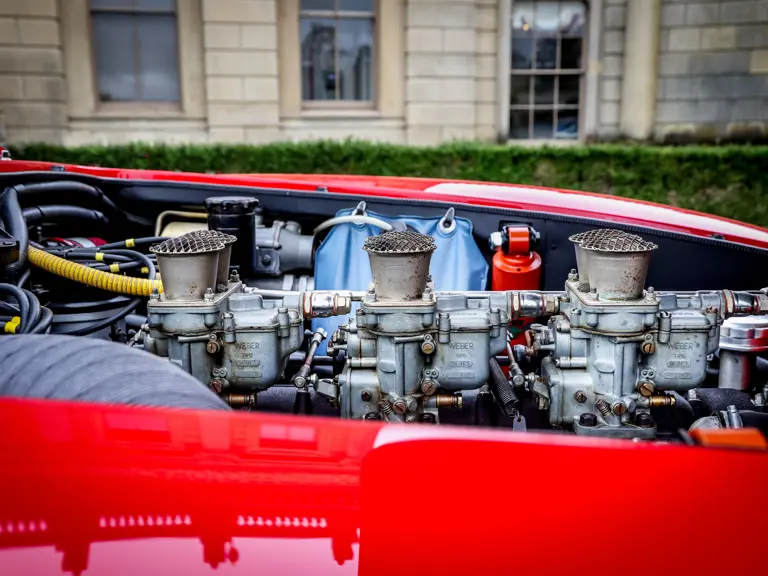
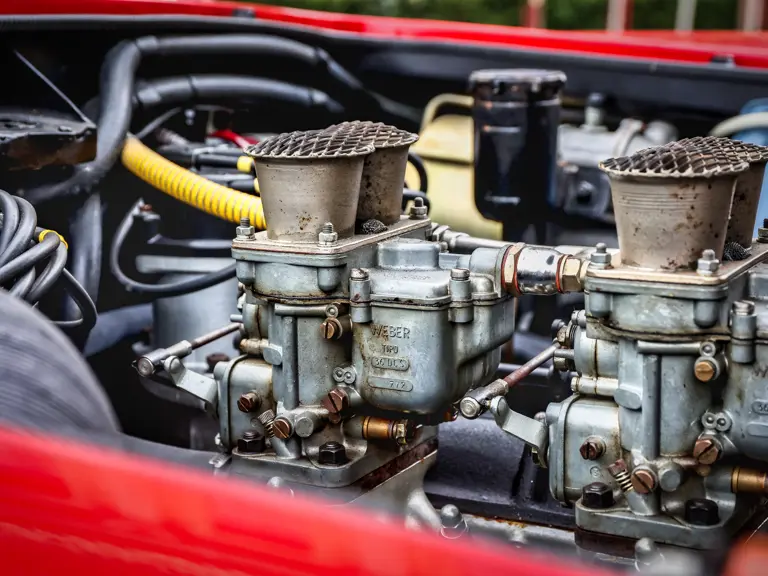
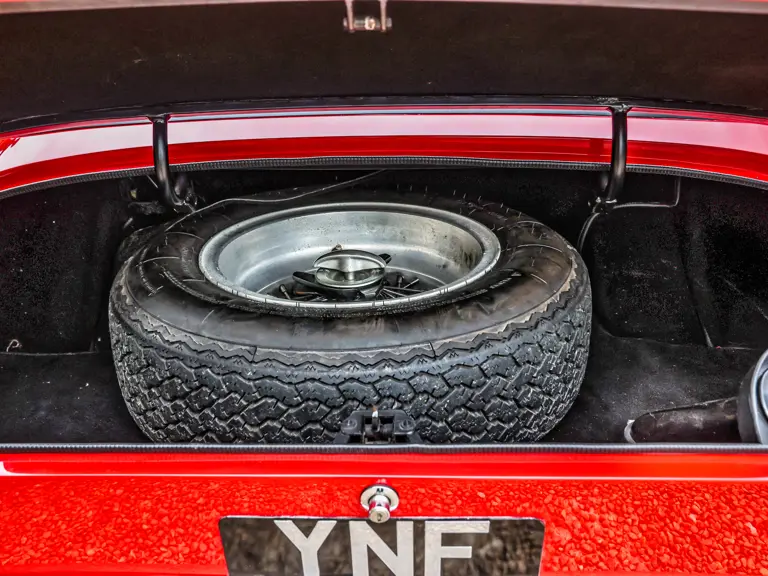
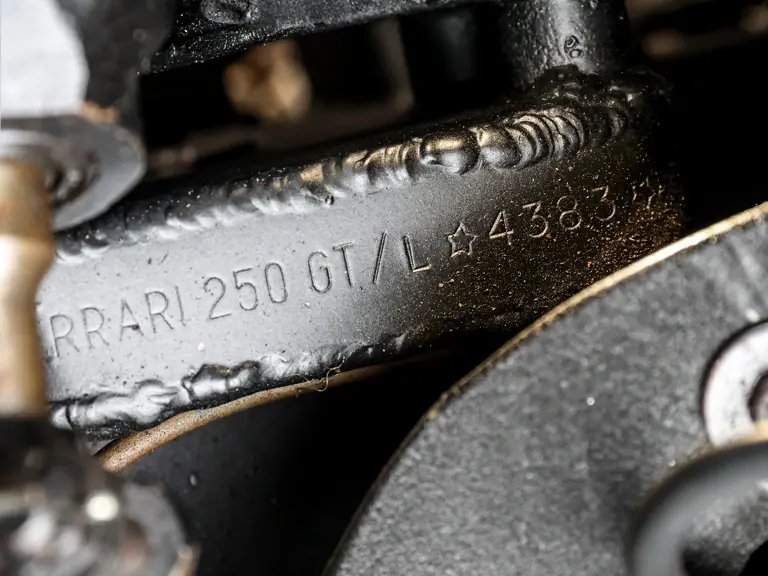
 | Taplow, Berkshire, United Kingdom
| Taplow, Berkshire, United Kingdom
